Poland president urges Ukraine to admit shameful past
Poland's President Andrzej Duda has called on Ukraine's western-backed leaders to admit their shameful past with regard to how Ukrainian nationalists massacred over 100,000 Poles during World War II.
Speaking at the 79th anniversary of the 1943 killings in Volhynia in Warsaw, Duda challenged the unwillingness of Kiev leaders to denounce Ukrainian nationalist militias responsible for the WWII massacres of Poles.
Duda called on Kiev to acknowledge the ethnic cleansing of Poles by Ukrainian nationalist militias, insisting that the truth about the wartime massacres and others like it in East Galicia from 1944 to 1945 had to be “firmly and clearly stated.”
"Those who we know were murderers were also heroes for Ukraine," Duda pointed out at the ceremony.
There was no immediate response from Kiev to his comments.
In January 2018, the Polish parliament passed a bill making it a criminal offense to deny the “crimes of Ukrainian nationalists”.
Meanwhile, despite the current cooperation between Warsaw and Kiev in their anti-Russian stance, Poles and Ukrainians have historically disliked one another and Duda's latest remarks are likely to be criticized in some Ukrainian circles.
Many Ukrainians view such discussions as attempts to paint Ukraine as a country glorifying pro-Nazi leaders such as Stepan Bandera who was responsible for the massacre of Polish villagers in Volhynia in 1943 and in East Galicia in 1944, which cost the lives of more than 100,000 people.
The nationalist Ukrainian militia, partisan members of the Ukrainian insurgent army (UPA) which was controlled by the Bandera faction of the Organization of Ukrainian Nationalists (OUN-B), evolved into what is known today as the Azov battalion.
They were perpetrators of what the Poles have recorded in their official history books as the genocide of the Polish people residing there.
Ukrainian nationalist militias wanted to “ethnically cleanse” the region to prevent it from ever becoming Polish again.
Today, Kiev leaders honor the pro-Nazi Bandera and members of the nationalist Azov battalion are treated as war heroes.
Russia launched its “special military operation” in Ukraine on February 24. One of the specified goals in Ukraine, as stated by Russian President Vladimir Putin, was to “de-Nazify” the neighboring country.
Hezbollah attacks Israeli forces after Lebanese homes blown up
World leaders, states hail ICC arrest warrants for Netanyahu, Gallant
MP: US accountable for possible Israeli 'foolishness' to attack Iraq
VIDEO | Israeli policies strangle Palestinian agriculture, economy
Iran's president offers condolences to Pakistan over terrorist attack
Canada’s Yukon town council at standstill over refusing oath to King Charles
Yemen's Houthi calls for jihad to protect Palestine against Israel
VIDEO | Internal rifts within Israel


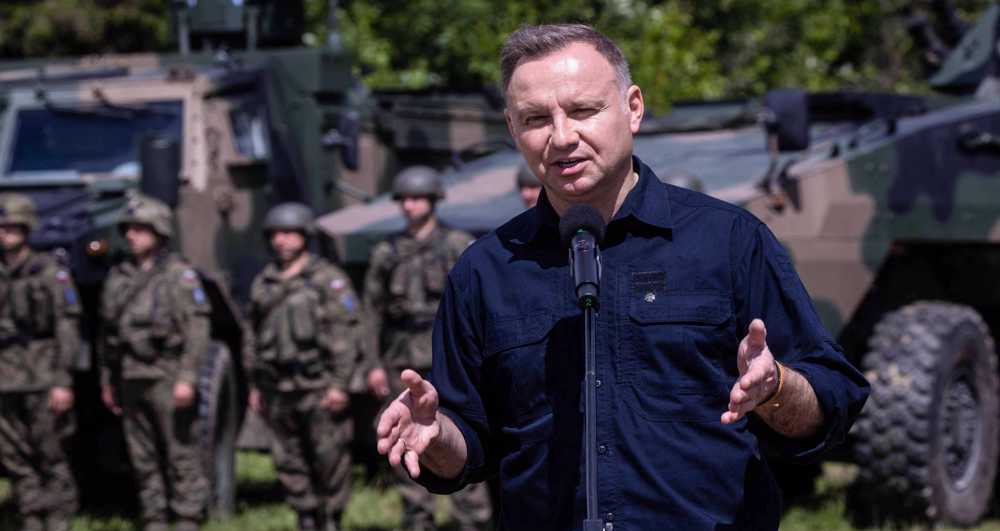
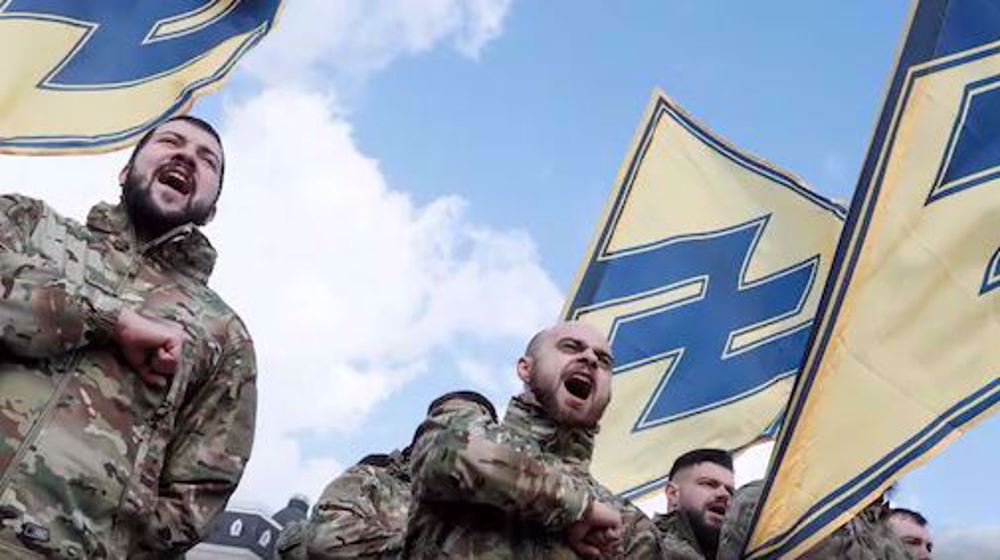

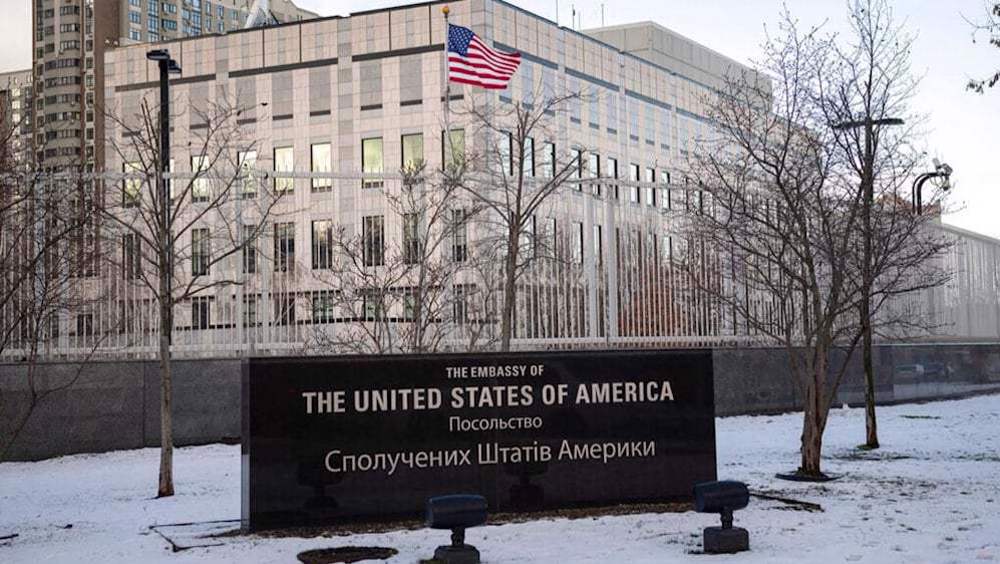
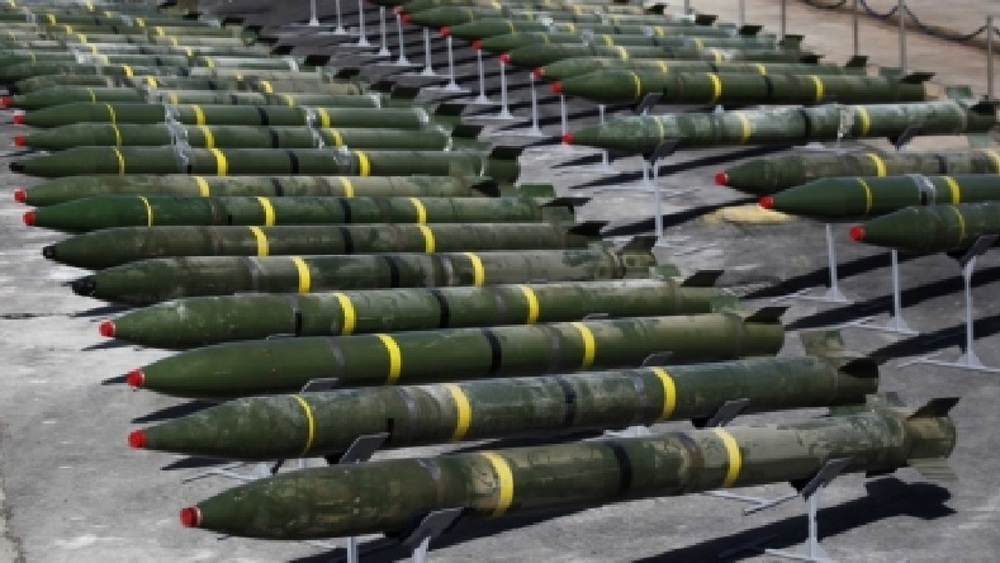



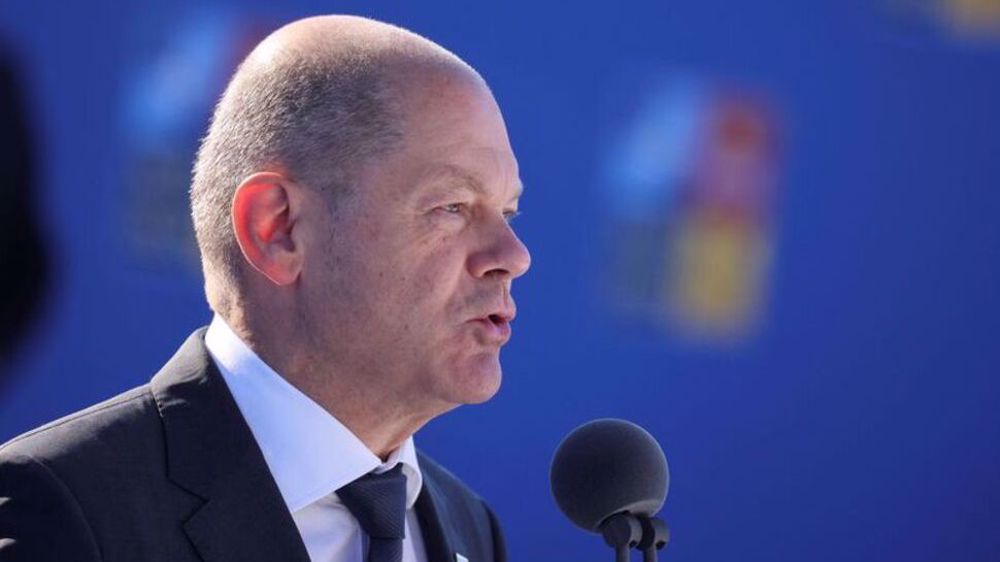
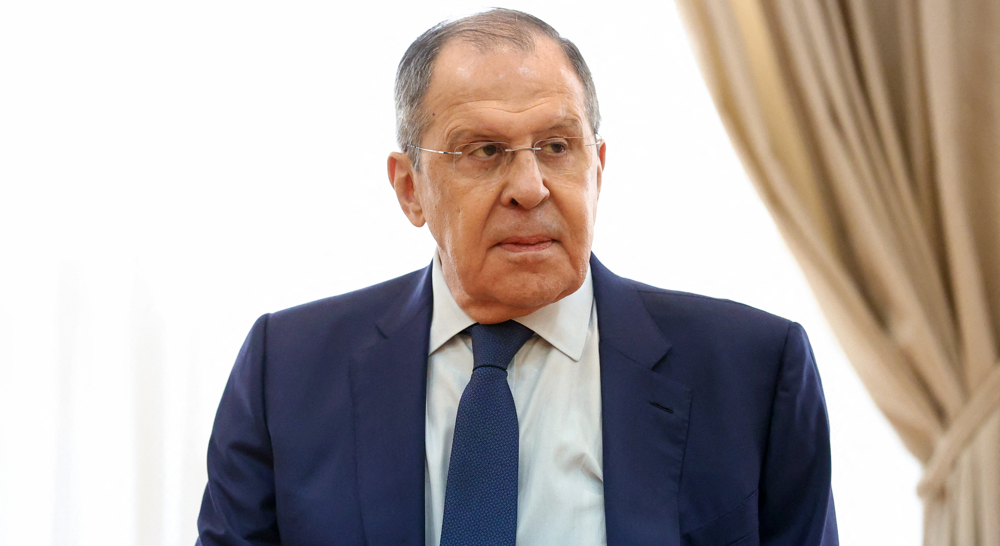
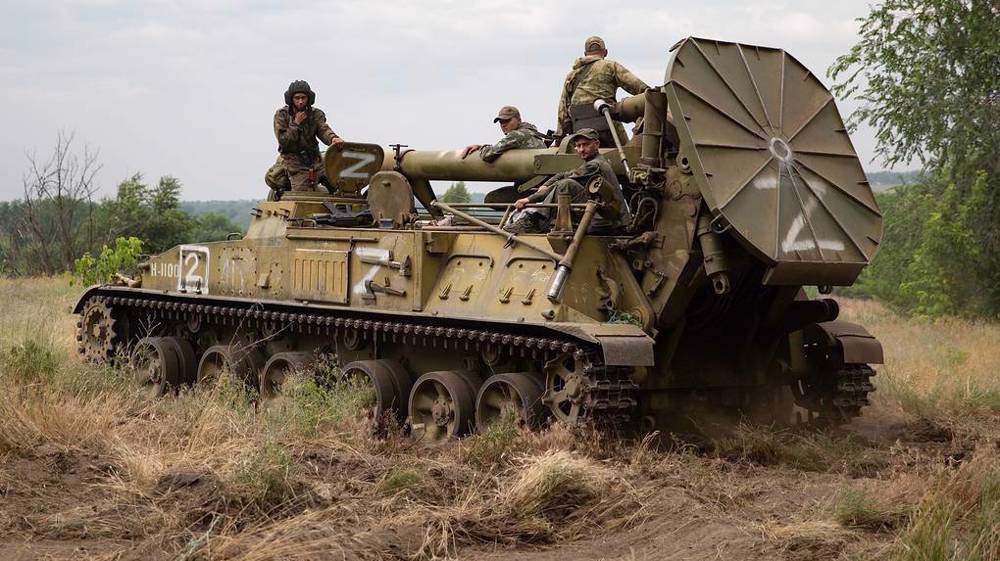

 This makes it easy to access the Press TV website
This makes it easy to access the Press TV website